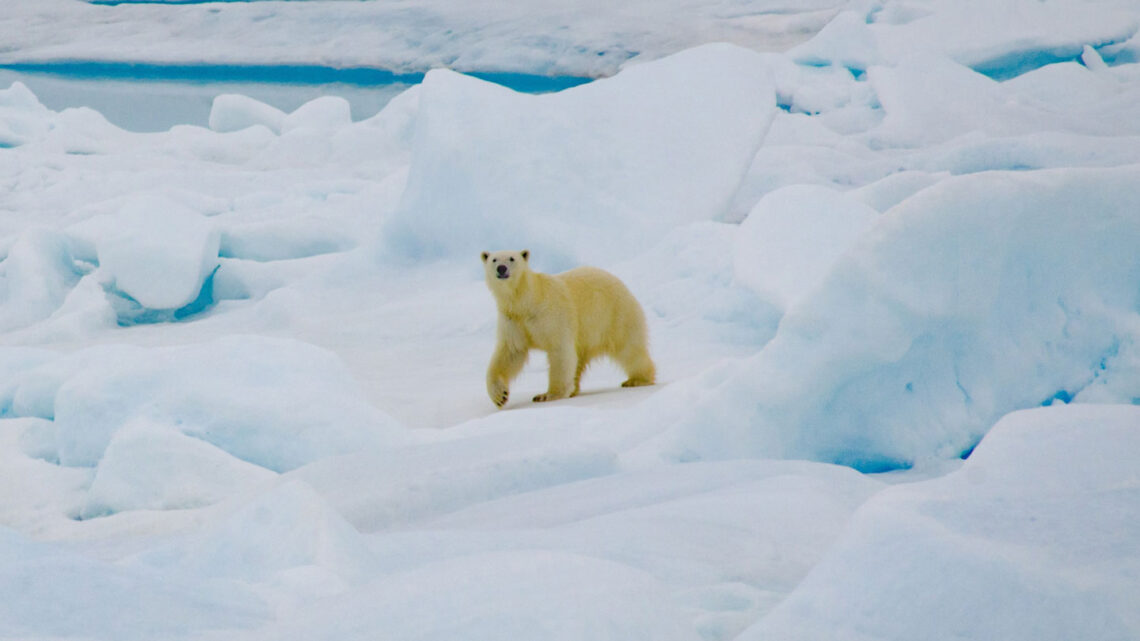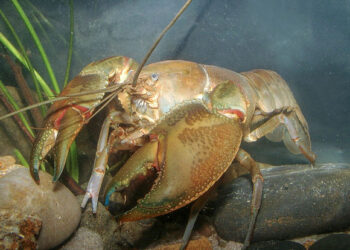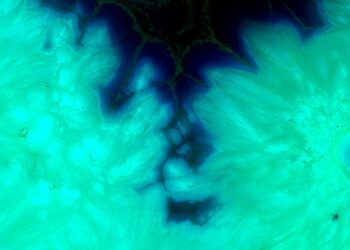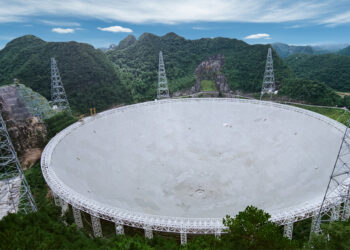antibodies: Any of a large number of proteins that the body produces from B cells and releases into the blood supply as part of its immune response. The production of antibodies is triggered when the body encounters an antigen, some foreign material. Antibodies then lock onto antigens as a first step in disabling the germs or other foreign substances that were the source of those antigens.
Arctic: A region that falls within the Arctic Circle. The edge of that circle is defined as the northernmost point at which the sun is visible on the northern winter solstice and the southernmost point at which the midnight sun can be seen on the northern summer solstice. The high Arctic is that most northerly third of this region. It’s a region dominated by snow cover much of the year.
bacteria: (singular: bacterium) Single-celled organisms. These dwell nearly everywhere on Earth, from the bottom of the sea to inside other living organisms (such as plants and animals). Bacteria are one of the three domains of life on Earth.
biologist: A scientist involved in the study of living things.
canine: Members of the biological family of canids. These are carnivores and omnivores. The family includes dogs, wolves, foxes, jackals and coyotes. (in anatomy) The pointed tooth in a mammal that separates its incisors from its premolars. These canine teeth tend to be especially long in carnivores.
chemical: A substance formed from two or more atoms that unite (bond) in a fixed proportion and structure. For example, water is a chemical made when two hydrogen atoms bond to one oxygen atom. Its chemical formula is H2O. Chemical also can be an adjective to describe properties of materials that are the result of various reactions between different compounds.
climate: The weather conditions that typically exist in one area, in general, or over a long period.
climate change: Long-term, significant change in the climate of Earth. It can happen naturally or in…
Read the full article here





